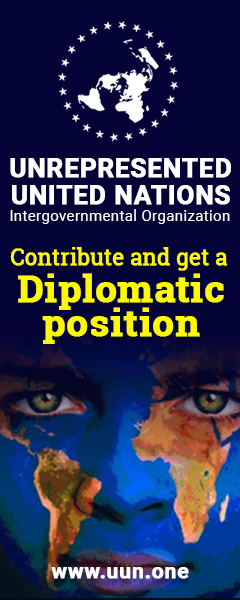
If you are interested in opening an offshore bank account, or else in acquiring or registering an activity overseas and adequately diversify your personal or company patrimony, pay attention to the information below.
At the time of asking an offshore bank to open an account, we’ll hear them say that first we have to adhere to the compliancy requirements.
What is “compliancy” and why does knowing it concern me?
You’ll have heard talk about two banking procedures, or you might have read something about them.
Regardless of the country or region where you live, every banking institute adopts the KYC and AML policies.
KYC and AML: what are they?
In practice, they are two protocols with which banks manage two different types of banking risks.
KYC stands for Know Your Customer where the Bank requires fully knowing the customer.
AML stands for Anti-Money-Laundering, where the Bank applies its policies to prevent money-laundering or recycling.
The AML compliance acts are by banks around the world.
The purpose is to prevent criminals from accessing bank services, or else to prevent money laundering and financing terrorism.
KYC is an important part of anti-money laundering, above all for banks, and other financial businesses as in payment systems, and financial and credit institutions.
The KYC policy is a regulatory process where banking organizations must understands their customers’ identity.
They must be able to evaluate their credentials from the data they obtain.
At the end of the process, a determined degree of risk is assigned to each customer/
With KYC, foreign banks are able to get a better idea of the commercial aspects of their customers and their financial transactions.
All this work of collecting data could significantly reduce the risk of conceding bank services to criminal activities.
Why do offshore banks conduct the procedures of bank compliancy?
All this work of collecting data could significantly reduce the risk of conceding bank services to criminal activities.
In today’s digital economy, all banking institutions and companies involved in financial transactions must respect the required regulations.
These requirements have been established by local governments (for example, the EU’s fifth directive on anti-money laundering) and by international agencies like the United Nations.
Satisfying the compliancy requirements means absolute control and legality of bank transactions.
If the rules and policies aimed at combatting money laundering aren’t applied, the bank can receive a fine or see its banking license revoked.
The other side of the coin is that the customer who has finished the KYC and AML processes, as well as the Due Diligence, will be able to use all bank services without risking the interruption of said use, which could cause economic damage to his funds, goods and even his business.
What do the Banks want to know about me?
The procedure for identifying a customer in a foreign bank requires the customer to be very careful along the way.
With the intention of identifying the customer’s profile, the agent charged with the procedure, the Compliance Officer, will request the following information:
- Detailed information about the person or legal entity
- Documents that confirm the origin of the cash or the monetary tools
- Phone numbers, email, office address, list of independents who work for the company
- Financial statements, bank account statements
- Documents that confirm the regular payment of obligatory taxes
- Documented proof of payments related to core business operations
- List of commercial partners, counterparts, with a detailed description of how future business relations will be (where, what, in what amounts, they will be purchased, sold, in which currency, what foreseen invoicing will be in the account)
The customer has the faculty of using the services of a law firm for opening an account abroad.
The bank has the right to request a Presentation Letter from the law firm that represents the interests of said customer.
This Presentation Letter should contain detailed information about the customer, his company, his business type, and information on its commercial operations.
The Presentation Letter is a sort of biography.
The agent responsible for compliance has the opportunity to use the curriculum to trace the profile of a potential customer.
And also for deducing how serious his desire to collaborate with the Bank is.
Why could the Bank refuse to open an account?
The most common reasons for a refusal, according to the agents responsible for the bank compliance procedure, are the customer’s lack of clear commercial objectives.
Then, there are other reasons, like future transactions unclear, and the lack of an economic purpose in the country where opening the bank account is foreseen.
The request to open a foreign bank account can also be refused if the business has two or three types of main activities that aren’t related.
The businesses with a complex structure and unclear operational details are immediately refused by foreign banks.
